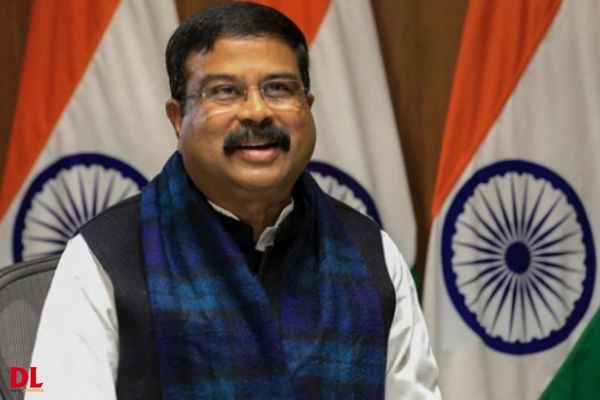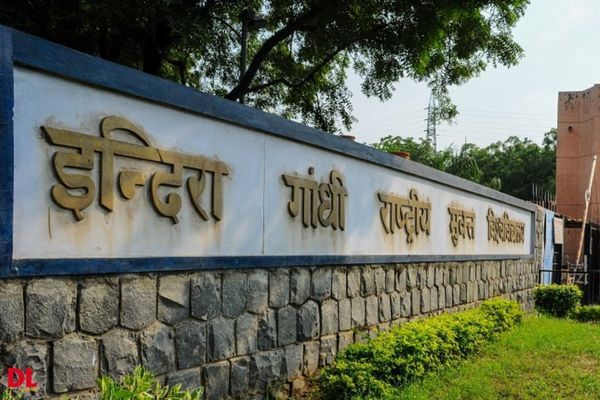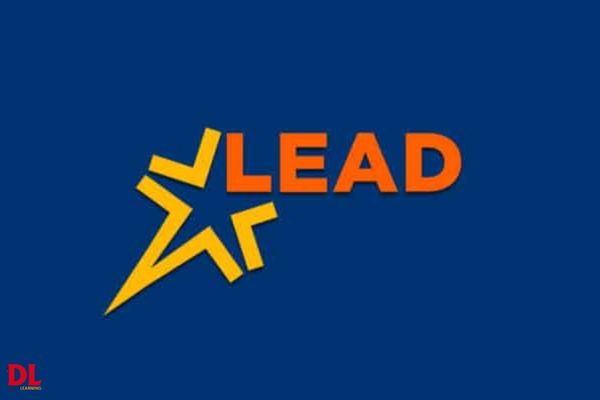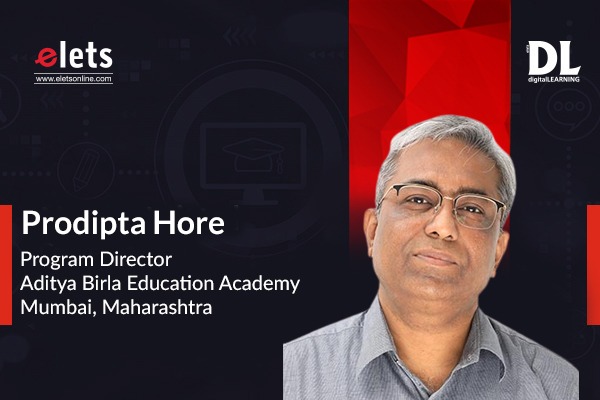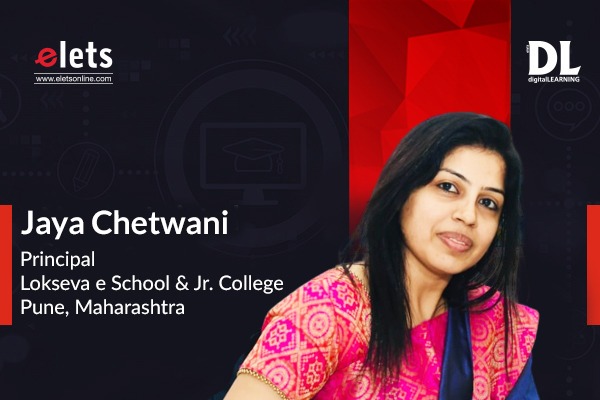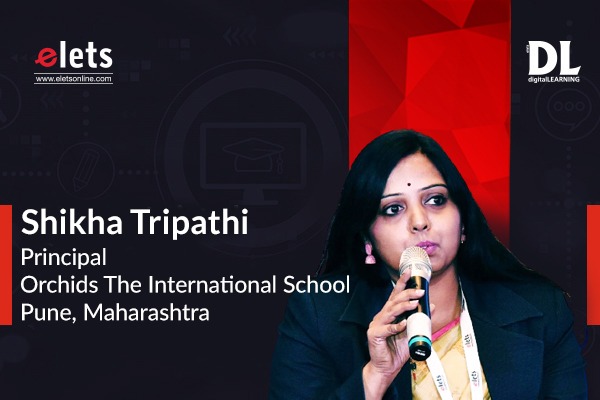Various trends in the education sector have been deployed with varying degrees of success in the past, but the trends that have emerged in the last few years have completely altered the sector’s dynamics and are unquestionably here to stay for the foreseeable future said, Shikha Tripathi, Principal, Orchids The International School, Pune, Maharashtra in an interview with Nidhi Shail Kujur of Elets News Network (ENN). Edited Excerpts:
Tell us about your achievements regarding ‘Innovation in Education’ during the year 2022.
1. Green school program- CHANGING COLORS, GOING GREEN.
Initiatives are taken by the audit team of this program. The audit team members check the process and prepare a report card of the school in terms of electricity consumption, air quality, land usage, and water consumption.
At the end of the year, the report is shared with the CENTRE OF SCIENCE AND ENVIRONMENT, DELHI.
2. Vrikshabandhan- On the occasion of Raksha Bandhan, children take a pledge to save the environment by tying knots to trees.
3. Sanskaarshaala- Students were trained in terms of etiquettes and values during assembly and special sessions were organised.
Storytelling sessions and activities are part of this program where children are groomed for personality development.
4. Muskaan- spreading smiles. Donation to those in need is a special activity which is for humans, by humans.
5. Sunshine call- Each parent of the school is contacted for feedback on the child. This may be virtual too.
How are futuristic technologies going to transform education in the year 2023?
Technology today is evolving at a rapid pace, enabling faster change and progress, causing an acceleration of the rate of change. However, it is not only technology trends and emerging technologies that are evolving, a lot more has changed this year due to the outbreak of COVID-19 making IT professionals realize that their role will not stay the same in the contactless world tomorrow. And an IT professional in 2023-24 will constantly be learning, unlearning, and relearning (out of necessity if not desire).
Artificial intelligence will become more prevalent in 2023 with natural language processing and machine learning advancement. Artificial intelligence can better understand us and perform more complex tasks using this technology. It is estimated that 5G will revolutionize the way we live and work in the future.
Computing power has already established its place in the digital era, with almost every device and appliance being computerized. Datafication is simply transforming everything in our life into devices or software powered by data.
Artificial Intelligence, or AI, has already received a lot of buzz in the past decade, but it continues to be one of the new technology trends because its notable effects on how we live, work and play are only in the early stages.
Extended reality comprises all the technologies that simulate reality, from Virtual Reality, Augmented Reality to Mixed Reality and everything else in between.
However challenging the field is it also offers lucrative six figure incomes, and roles can range from offering a promising career path for someone who wants to get into and stick with this evergreen trending technology
• Ethical Hacker
• Malware Analyst
• Security Engineer
• Chief Security Officer
What innovation accelerated the transformation of growth in the education landscape in the year 2022?
Traditional education is no longer the centre of attention. The modern education industry is no longer bound by time or space. Various trends in the education sector have been deployed with varying degrees of success in the past, but the trends that have emerged in the last few years have completely altered the sector’s dynamics and are unquestionably here to stay for the foreseeable future. The digital transformation in the education sector has accelerated immeasurably, causing a shift toward online and cloud-based delivery platforms from primary to higher education.
Technologies that will upend the education sector:
1. Learning for life through subscription services
2. A combination of real, AI, AR, AND VR
3. Nano-Learning
4. Personalised learning.
5. Gamification
Learners can read text, view images, and watch videos all at the same time. As a result, youngsters have a strong desire to explore new boundaries. Collaboration and communication are also encouraged through digital learning tools.
Students may now exchange links, videos, and lecture notes on a single platform.
What is your mission and vision to impact the paradigm shift of the education arena in the year 2023?
“To learn is to change. Education is a process that changes the learner.” – George Leonard “Our mission is not instruction but producing learning with every student by whatever means works best.”
Principles that guide this change in learning include:
Student and teacher share responsibility for the quality of the student’s learning process (only indirectly and secondarily, the quality of the teacher’s teaching).
For both student and teacher, core motivation is the satisfaction derived from improving the quality of each student’s learning.
Our role as teachers is to be a “guide on the side” instead of a “sage on the stage.” We have moved from an instruction paradigm, in which an instructor transfers knowledge to students, to a learning paradigm, in which a teacher’s role is that of the coach. The result is a student learning how to learn and discovering knowledge with the coaching guidance of a teacher.






